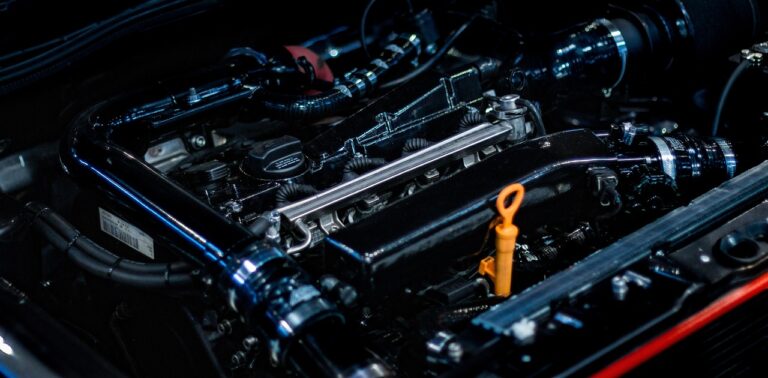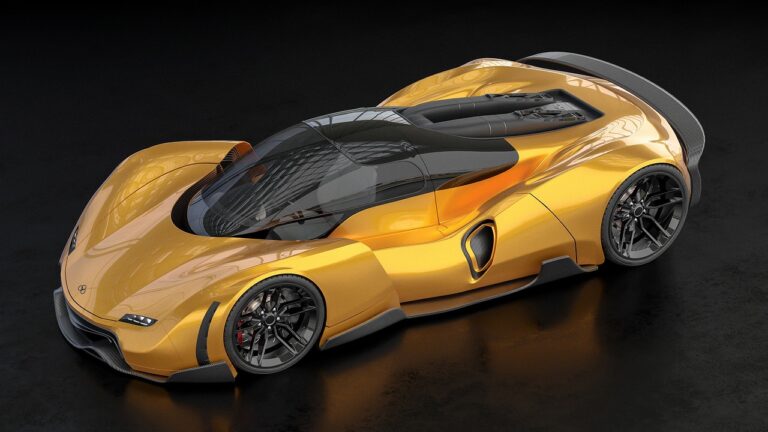Hybrid Exhaust Systems: Integrating Renewable Energy Sources for Efficiency Gains
laser book login, silverexchange.com login, 11xplay online:Hybrid Exhaust Systems: Integrating Renewable Energy Sources for Efficiency Gains
In today’s world, the push for renewable energy sources has never been stronger. With the threat of climate change looming large, it has become imperative for industries to find innovative ways to reduce their carbon footprint. One such area that has seen significant advancements is in the development of hybrid exhaust systems, which integrate renewable energy sources to maximize efficiency gains.
What are Hybrid Exhaust Systems?
Hybrid exhaust systems combine traditional combustion engines with renewable energy sources to improve overall efficiency and reduce emissions. These systems typically include components such as regenerative braking, start-stop technology, and exhaust gas recirculation to help optimize fuel consumption and minimize harmful pollutants.
The integration of renewable energy sources, such as solar panels or wind turbines, further enhances the efficiency of these systems by providing supplementary power that can be used to drive auxiliary systems or charge onboard batteries. This not only helps reduce reliance on fossil fuels but also allows for cleaner operations overall.
Key Benefits of Hybrid Exhaust Systems
1. Improved Fuel Efficiency: By incorporating regenerative braking and start-stop technology, hybrid exhaust systems can significantly improve fuel efficiency, resulting in lower operating costs and reduced carbon emissions.
2. Reduced Emissions: The use of renewable energy sources helps lower greenhouse gas emissions and air pollutants, making hybrid exhaust systems more environmentally friendly than traditional combustion engines.
3. Enhanced Power Output: By harnessing energy from renewable sources, hybrid exhaust systems can boost power output, improving overall performance and driving experience.
4. Extended Battery Life: The integration of renewable energy sources helps keep onboard batteries charged, prolonging their lifespan and reducing maintenance costs.
5. Increased Resilience: Hybrid exhaust systems are more resilient to fluctuations in fuel prices and supply, providing a more stable and reliable power source for vehicles and machinery.
6. Regulatory Compliance: With governments around the world implementing stricter emissions standards, hybrid exhaust systems offer a viable solution for businesses looking to meet regulatory requirements and avoid hefty fines.
Challenges and Considerations
While hybrid exhaust systems offer numerous benefits, there are also certain challenges and considerations that need to be taken into account. These include:
1. Cost: The initial investment in hybrid exhaust systems can be higher compared to traditional combustion engines, although long-term savings in fuel and maintenance costs can offset this expense.
2. Infrastructure: In order to fully realize the benefits of hybrid exhaust systems, businesses may need to invest in infrastructure to support renewable energy sources, such as charging stations or solar panels.
3. Maintenance: Hybrid exhaust systems require specialized maintenance to ensure optimal performance, which may involve additional training and resources.
4. Integration: Integrating renewable energy sources with existing combustion engines can be complex and may require retrofitting or modifications to existing machinery.
FAQs
Q: What types of renewable energy sources can be integrated into hybrid exhaust systems?
A: Common renewable energy sources include solar panels, wind turbines, and kinetic energy recovery systems (KERS).
Q: Are hybrid exhaust systems suitable for all types of vehicles and machinery?
A: Hybrid exhaust systems can be adapted for a wide range of applications, from passenger cars to heavy-duty trucks and industrial equipment.
Q: How can businesses benefit from implementing hybrid exhaust systems?
A: Businesses can benefit from reduced operating costs, improved environmental performance, and enhanced regulatory compliance by adopting hybrid exhaust systems.
Q: What are some examples of companies that have successfully implemented hybrid exhaust systems?
A: Companies such as Toyota, Honda, and Volvo have been at the forefront of developing hybrid exhaust systems for their vehicles, showcasing the potential for widespread adoption across industries.
In conclusion, hybrid exhaust systems represent a promising avenue for integrating renewable energy sources into traditional combustion engines to achieve greater efficiency gains. By leveraging the benefits of renewable energy, businesses can not only reduce their carbon footprint but also improve performance, lower operating costs, and enhance regulatory compliance. As the push for sustainability continues to gain momentum, hybrid exhaust systems offer a viable solution for industries looking to future-proof their operations and contribute to a greener, cleaner environment.







